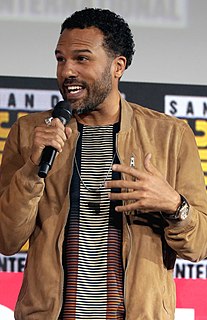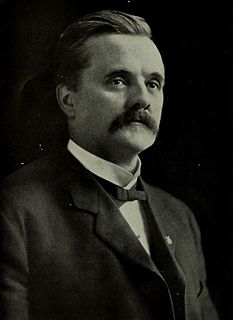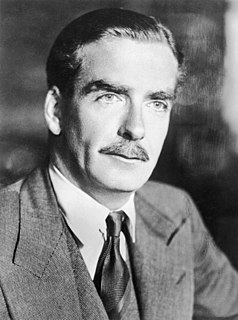A Quote by Sharan Burrow
As we contemplate a world which is still choosing to deploy technological innovation in a way that deepens inequality and divisions within and between nations, we need to set global foundations back on track.
Related Quotes
It is my hypothesis that the fundamental source of conflict in this new [post-Cold-War] world will not be primarily ideological or primarily economic. The great divisions among humankind and the dominating source of conflict will be cultural. Nation states will remain the most powerful actors in world affairs, but the principal conflicts of global politics will occur between nations and groups of different civilizations. The clash of civilizations will dominate global politics. The fault lines between civilizations will be the battle lines of the future.
Both rich and poor nations have a common stake in policies that put the globe on a sustainable development path. The conflict is less between poor and rich countries than between the broad interests of people and the narrow interests of extractive industries. We need to find our way towards some kind of global regime that reduces emissions of the greenhouse gases, but well-off nations need to transfer the technology to make this possible, rather than viewing this shift as one more opportunity for private industry to profit.
The state of inequality between individuals and between nations not only still exists; it is increasing. It still happens that side by side with those who are wealthy and living in plenty there exist those who are living in want, suffering misery and often actually dying of hunger; and their number reaches tens, even hundreds of millions.
We're just trying to end illegitimate government support for a single technology, which is un-American. We should be leading the world in the next generation of technological innovation. But we can't unleash private capital because of what the government is doing to stifle innovation and to choke competition.
By 1938, Eleanor Roosevelt was so angry at FDR's policies, she writes a book called This Troubled World. And it is actually a point-by-point rebuttal of her husband's foreign policy. We need collective security. We need a World Court. We need something like the League of Nations. We need to work together to fight fascism. We need embargoes against aggressor nations, and we need to name aggressor nations. All of which is a direct contradiction of FDR's policies.
I am convinced that 1941 will be the crucial year of a great New Order in Europe. The world shall open up for everyone. Privileges for individuals, the tyranny of certain nations and their financial rulers shall fall. And last of all this year will help to provide the foundations of a real understanding among peoples, and with it the certainty of conciliation among nations. . . . Those nations who are still opposed to us will some day recognize the greater enemy within. Then they will join us in a combined front, a front against Jewish exploitation and racial degeneration.
I think we can end the divisions within the United States. What I think is quite clear is that we can work together in the last analysis. And that what has been going on with the United States over the period of that last three years, the divisions, the violence, the disenchantment with our society, the divisions - whether it's between blacks and whites, between the poor and the more affluent, or between age groups, or in the war in Vietnam - that we can work together. We are a great country, an unselfish country and a compassionate country. And I intend to make that my basis for running.
The free world has need that its foreign policies should fairly measure the realities of the world in which we live. There are certain principles to which we hold: the sanctity of treaties, good faith between nations, the interdependence of peoples from which no country, however powerful, can altogether escape.





































